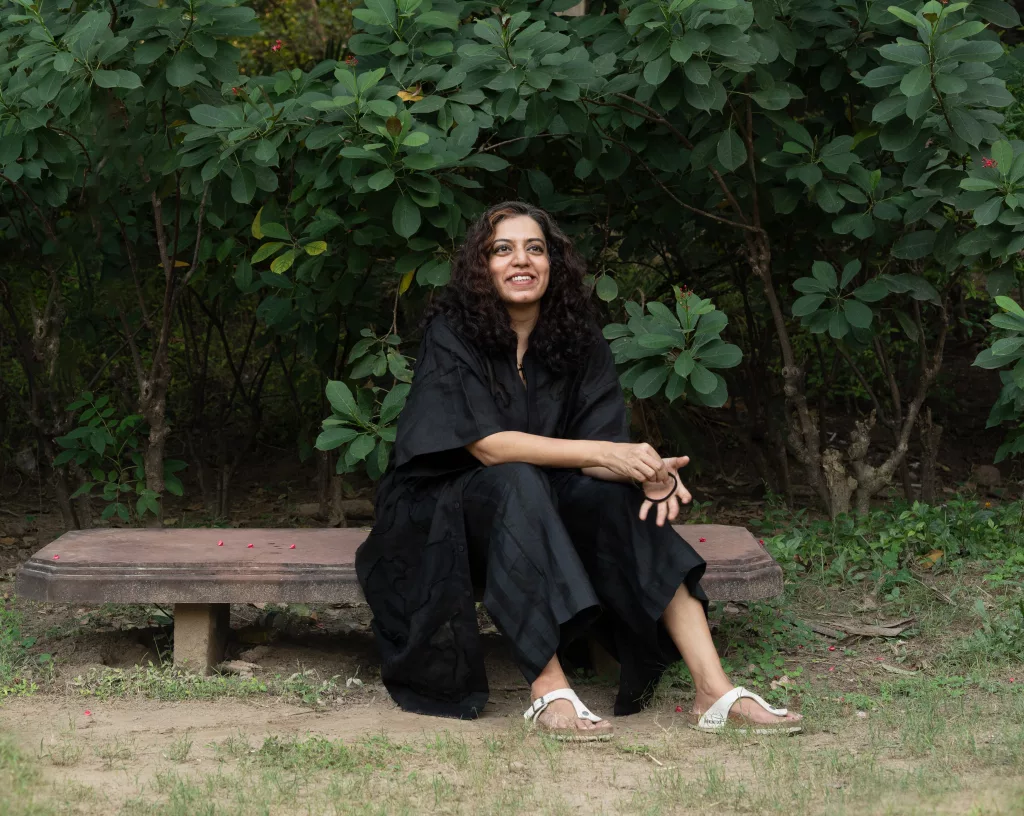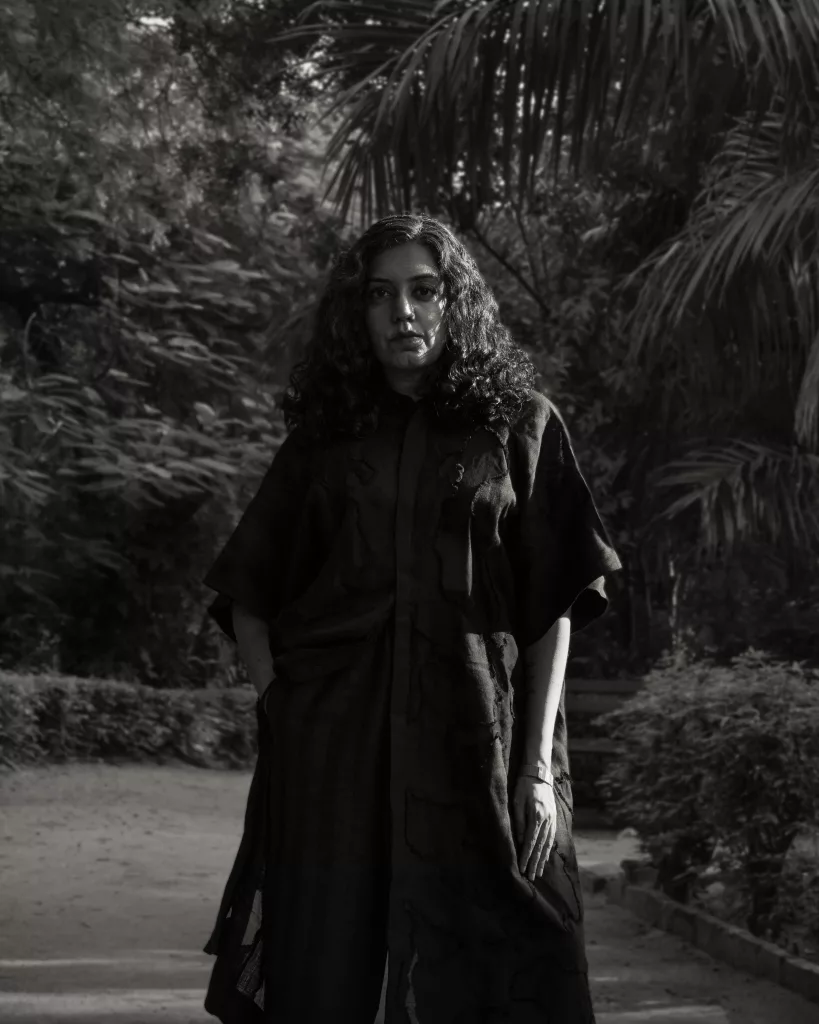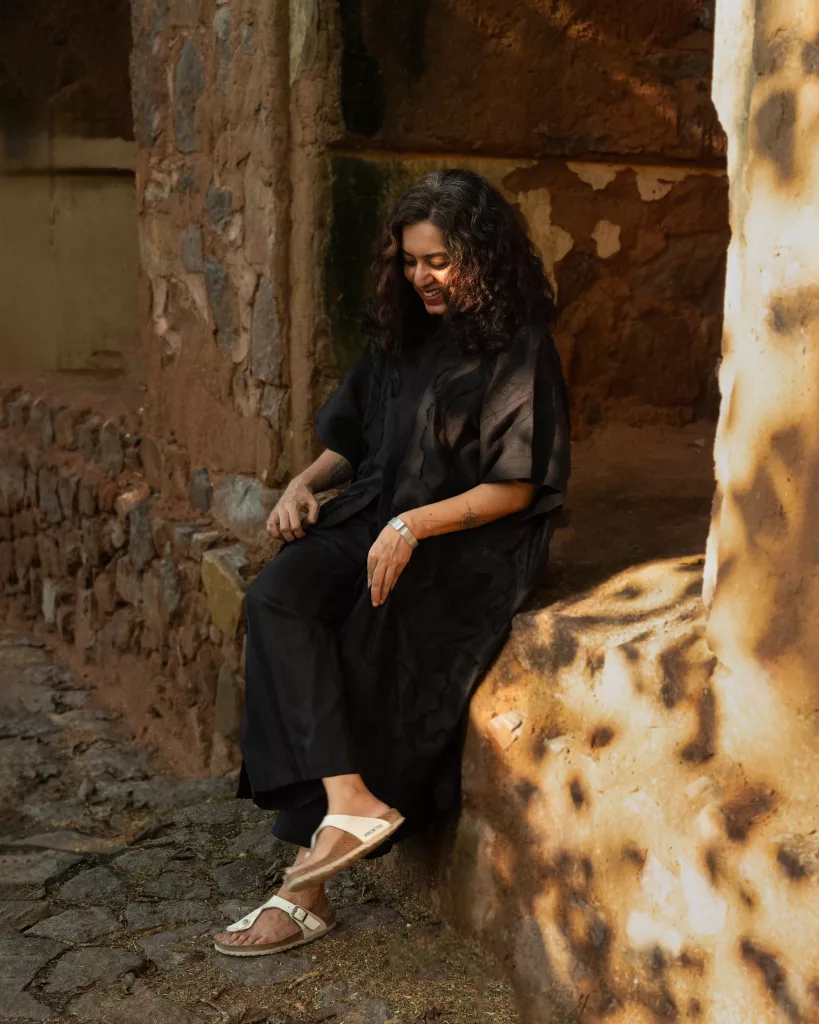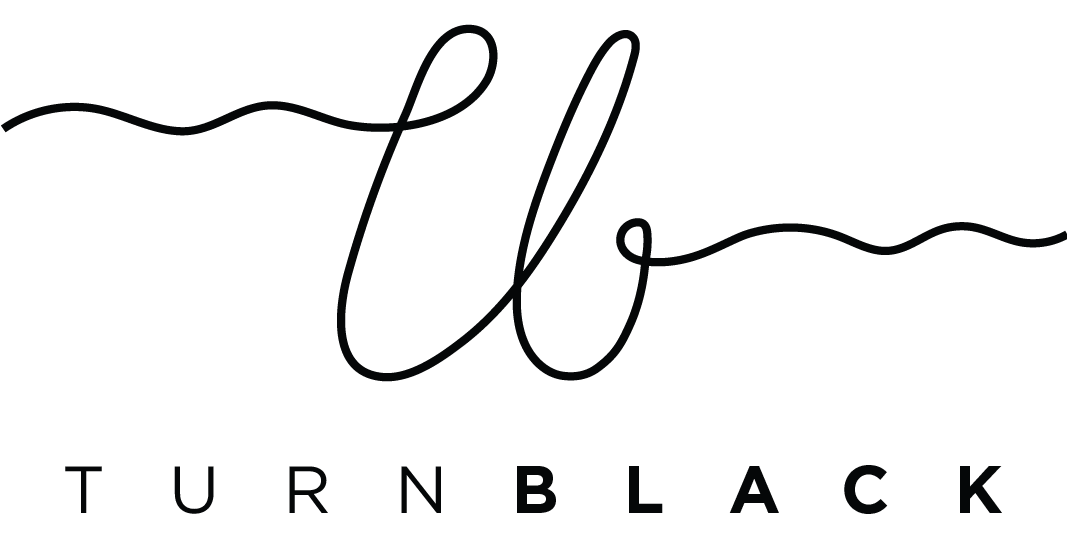There’s No Blueprint: In Conversation with Meenakshi Thirukode
Meenakshi Thirukode is a writer, researcher, and educator in the fine arts, with a rich history as a curator. She runs the School of Instituting Otherwise, a space of unlearning that sees study as a radical tool of political agency. SofIO is a living platform where art, culture, and education meet, creating room for collective learning, production, and preservation. Her research delves into the role of culture and collectivity in the subcontinent, tracing transient networks of individuals and institutions. Her work also confronts how knowledge itself is targeted through acts like the deliberate destruction of schools, libraries, and archives in Palestine, revealing how memory and possibility are deeply political. Over the years, her projects have spanned continents, from organizing the Here, There and Everywhere conference in Birmingham to Out of Turn, Being Together Otherwise at the Serendipity Arts Festival in Goa, exploring performance art histories in collaboration with Asia Art Archive.

We met Meenakshi outdoors for an evening stroll in the park and a quick chat, and spoke about grief, joy, and cats. What followed was an honest and thoughtful conversation about her journey, her work, and the worlds she continues to imagine and dares to build.
Tell us a little about yourself and the work you do which is at the intersection of visual culture, resistance, and lived histories. What first drew you to this path?
I’ve been a curator for nearly two decades now, and my work explores how visual culture, political life, and lived histories intersect. I try to understand how these intersections can help us imagine the futures we want collectively.

I grew up around a family deeply engaged with literature and film, and I’ve had family involved in politics, including the freedom movement. So I’ve always understood how culture is inherently political. My Great Grand Aunt Kamala Das who was a poet, profoundly shaped the ways in which I navigate the world – the unabashedness of existing as a woman, and even her journey towards spirituality is something that I resonate with.
Through your work you bring forward urgent voices and stories that the world needs to hear. How do you hold space for these narratives while protecting your own sense of self?
I like to think of myself as a grounded person, or at least I strive to be. But it’s something that’s come to me in my 40s. For a long time, I thought more about others, with this need to fix the world, often losing myself in the process. But I have no regrets. Every experience, every relationship, every difficult moment has taught me something about who I’ve become, in relation to the world and to myself. And these recent years have also made me better at confronting difficult truths about myself, about people, and about how we all operate. I’m now more certain of how much the truth matters to me. The kind that unsettles power structures and that must be held up by all of us, without compromise.
How do you personally navigate grief and despair, and still keep showing up for the work?
If only I had a perfect answer to this! I think grief and despair come from the same place of knowing perfectly well what the right thing to do is, but not doing it. I function with a healthy dose of perpetual grief, allowing myself to live with the immense contradictions and violences in the many micro and macro worlds we live in. Despair is just a more intense form of grief, it’s when we just want to fully let go and give in to the helplessness. And that’s okay, as long as we are then able to ground ourselves and just keep going. Power structures want to see us crumble, give up and abandon being human. It’s necessary to resist that, to keep showing up. However messy, it’s okay.
The art world often mirrors the same structures of exclusion and power it claims to resist. How has your experience shaped the way you think about access, community, and care?
There’s not much left to say about the art world, especially in the context of market-driven structures and power dynamics. I’ve said and done what I felt was right, now it’s for others to confront and navigate through it, individually or collectively. To rethink their relationship to power. Some people in power do seem beyond any saving; it’s only gotten more vile. Now people just want token critics of art like a form of entertainment. There’s nothing generative about these conversations anymore. The onus is on those who are neck deep in that system while choosing to look the other way. The ball is in their court, not mine or any individual.

Beyond your work, what kind of life do you envision for yourself—what sustains you and brings you joy?
Knowing that I showed up. That I showed up for myself and those who needed me, as an individual or in a collective. I’m much more forgiving of myself for being messy, and I actively work toward finding groundedness. That’s what sustains me and gives me faith that joy can be experienced — not superficially, but as a sense of peace amidst the madness. We need to see that the world can hold beauty and love, even while acknowledging the evil that permeates it. I’m deeply self-aware and think a lot about my purpose, my life, and what it means for others too. We aren’t meant to be isolated; everything exists in relation to someone or something else. We just have to learn from ourselves and each other, at every step, how to do things in ways that balance us. No one gives you a blueprint or a plan. I can say all this and continue to mess up, but that’s okay too. I just want to know I lived life and did a decent job of it.


Leave a Reply